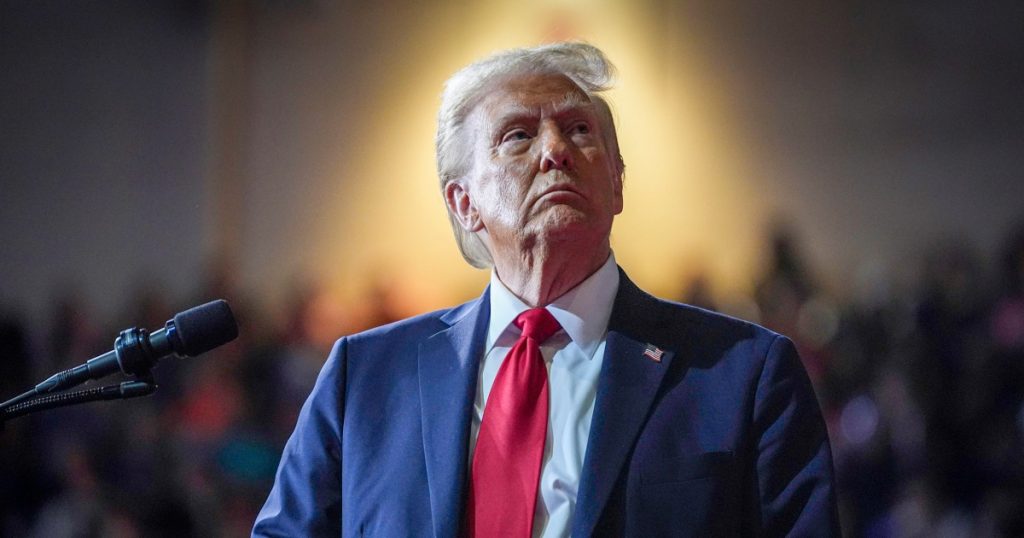During his campaign, Donald Trump promised to lower interest rates for consumers. As president, however, this process is largely outside of his control and is expected to be slow. While Trump has suggested that the president should have a say in determining rates set by the Federal Reserve, interest rates for mortgages and other longer-term loans are primarily determined by the bond market. The Federal Reserve does play a part in influencing interest rates by setting the amount that banks pay to borrow money, but this doesn’t always translate to lower rates for consumers.
Trump has no direct control over the interest rates set by the Federal Reserve, as they are determined by a committee of appointed members. Trump has criticized the Federal Reserve and its chairman, Jerome Powell, for not lowering rates sooner, but he cannot fire Powell or other board members without cause. Powell has stated that he would not resign if asked by Trump, and it is not permitted under the law for the president to fire Federal Reserve members. Trump has indicated that he will continue to voice his views on what the Fed should be doing, even though he does not have the power to set rates.
While Trump may not have direct control over interest rates, his policies could have an impact on rates in the future. Economists project that rates will begin to tick down later this year if inflation remains under control. Trump’s proposed tariffs and significant tax cuts could potentially drive rates higher if they lead to a return to higher-than-normal inflation. Lowering rates over the longer term will likely involve keeping inflation at current levels and reducing the deficit to make the bond market more favorable to lenders.
Trump may have an opportunity to remake the Federal Reserve board in 2026 when Powell’s term expires. He has indicated that he would not reappoint Powell for another term and would nominate a replacement subject to Senate confirmation. Trump economic adviser Scott Bessent has suggested the idea of creating a “shadow” Fed chair to signal to financial markets where the body is headed. Overall, lowering rates in the short term to pre-pandemic levels is unlikely unless there is a major economic downturn, and any policies that could lower rates may be damaging to the economy itself.


